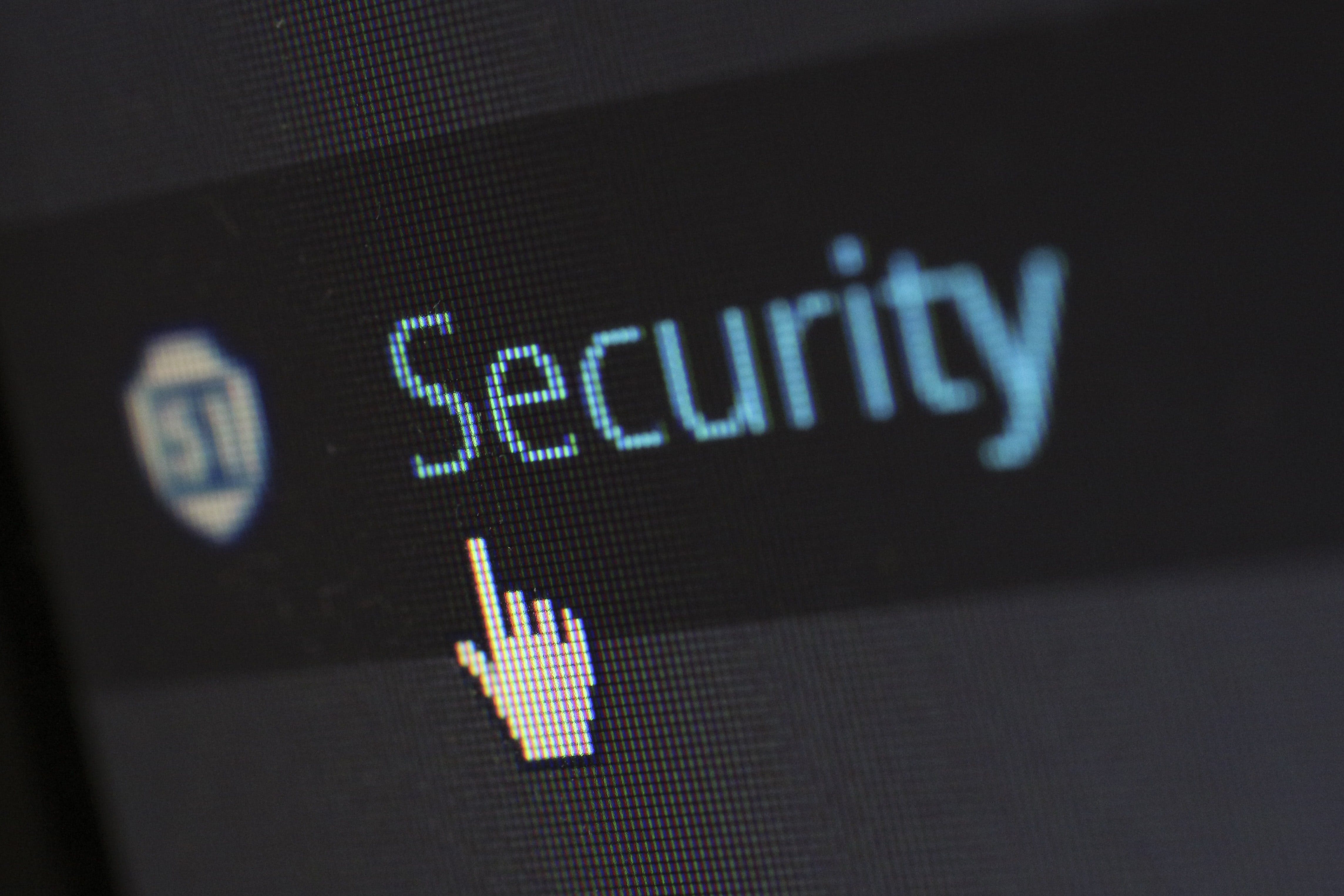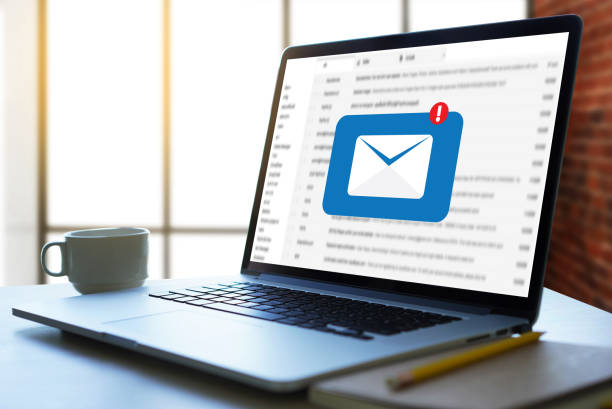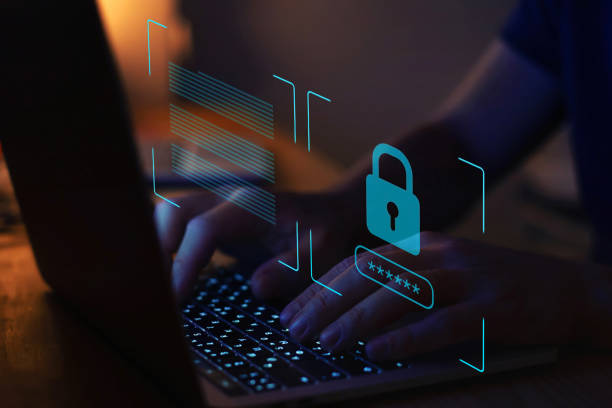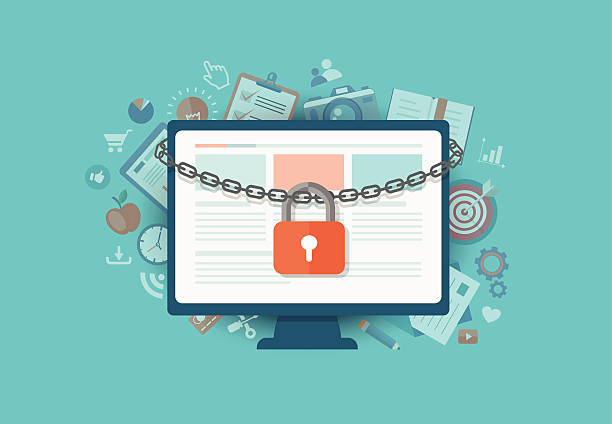Name
Password
Staying Anonymous Online: A Guide For The Everyday

The concept of remaining anonymous online is more than just a privacy preference; it's a necessity for safe internet usage. Every time we browse, shop, or interact online, we leave digital footprints that can be traced back to us.
This trail of data not only reveals our personal preferences but also exposes us to various online threats. From identity theft to targeted advertising and surveillance, the risks of not maintaining online anonymity are real and growing. Understanding and implementing measures to stay anonymous is crucial for protecting our personal information and ensuring our online experiences remain private and secure.
Understanding Online Anonymity
Online anonymity is often misunderstood. It's not about engaging in secretive activities; it's about protecting your identity and personal information from being misused. Anonymity means that your actions online cannot be traced back to your real-world identity. It’s a shield against the ever-watchful eyes of data collectors, hackers, and even sometimes intrusive government surveillance.
Many believe that using incognito mode or private browsing is enough to stay anonymous. However, this is a common misconception. These modes only prevent your browsing history from being stored on your computer; they do nothing to hide your activity from websites, your internet service provider, or trackers embedded in ads. True online anonymity involves a deeper understanding of how your digital presence is tracked and taking proactive steps to obscure your digital footprint.
The Risks of Online Exposure
The dangers of online exposure are manifold. When personal details like your location, browsing habits, or purchase history become accessible, they can be exploited for malicious purposes. Cybercriminals can use this information for identity theft, financial fraud, or even social engineering attacks. Beyond criminal activities, there’s also the concern of privacy invasion. Companies gather vast amounts of data to build profiles for targeted advertising, often without explicit consent. Such exposure not only infringes on our privacy but also makes us vulnerable to manipulative content and unwanted online tracking.
Simple Steps to Stay Anonymous Online
Staying hidden online isn't just for tech experts! Here's how anyone can do it:
Use a VPN (Virtual Private Network): It's like a secret tunnel for your internet activities. A VPN hides your location and keeps your online actions private. Think of it as a disguise for your internet connection.
Switch to Secure Browsers and Search Engines: Some browsers and search engines are like blabbermouths; they tell others what you're doing online. Use ones that keep quiet about your activities and don't sell your info.
Unique Passwords are Your Digital Keys: Imagine if one key opened all your locks – scary, right? Use different, tough-to-guess passwords for each account. Password managers are great helpers in creating and remembering these passwords for you.
Temporary Email Services – The Burner Phones of Email: Sign up for stuff with a temporary email, not your main one. This keeps your real email safe from annoying spam and sneaky scam attempts.
Mind Your Digital Footsteps: Don't spill your life story online, especially in public spaces like social media. Regularly tweak your privacy settings to keep your personal info just that – personal.
Embrace the Power of Disposable Emails with OneTimeMail.org
A Temporary Solution for a Permanent Problem. Disposable email addresses from OneTimeMail.org are a game-changer. Use them for one-off sign-ups, online forms, or anywhere you don't want to divulge your real email. These temporary inboxes catch the spam while your primary inbox stays clean. Plus, there's the added bonus of enhanced privacy and security.
Stay Alert with Regular Privacy Check-ups
Vigilance is Key to Privacy. Just like you wouldn't leave your house unlocked, don't leave your digital life exposed. Regularly review and update privacy settings on all your online accounts. Tighten up where necessary, and always be on the lookout for new privacy features and updates. This proactive approach can significantly shield you from spam and other digital threats.
To Conclude
Staying anonymous online is not only about safeguarding your data but also about preserving your freedom and rights in the digital world. By understanding the risks and employing effective tools and practices, you can navigate the internet more securely. Stay vigilant, stay informed, and prioritize your online privacy.




